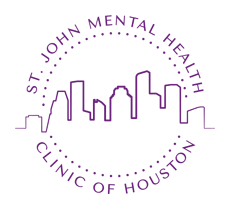About Medication Management
Both Martha St John, MD and Elizabeth Grizzaffi, PA-C are accepting new patients and treating existing patients with traditional medication management. Our areas of expertise are in the treatment of depression and ADD/ADHD. We are preferentially accepting new patients needing targeted help with the care of one of these conditions because we have extra training in the diagnosis and treatment of these conditions and feel we best serve the community when utilizing our specialized skill sets. We recognize that many patients carry multiple diagnoses and treat all aspects of each of our patients’ mental health comprehensively, not just depression and ADD/ADHD. That means that we will take potentially take over the care of all psychiatric conditions a patient is currently receiving medication for.
Potential new patients are asked to provide some information about their mental health needs prior to scheduling an appointment in order for us to determine whether they are a good fit for our providers and practice.
For many patients, medications work just fine and there is no reason to search for alternatives. We are happy to take over the care of patients who are doing well on their existing medications. We also typically try at least one or two medications first for treatment naïve patients or those obtaining and new diagnosis. However, particularly for patients with depression, trying a third, fourth, fifth, etc. medication statistically does not yield the results we are looking for. After a patient does not respond to two medications, he or she might be considered “treatment resistant”. We verify whether a diagnosis may be incorrect and the reason for non-response, then also consider a change in strategy.
We are able to offer a wide range of alternative treatment options within our office.
Our providers will develop an individualized treatment plan based on your needs, work with you to set goals, and monitor your progress.
Follow-up appointments are typically scheduled at 30–90-day intervals and last 20–30 minutes, depending on the level of complexity dictated by the visit.
 N/a
N/a

